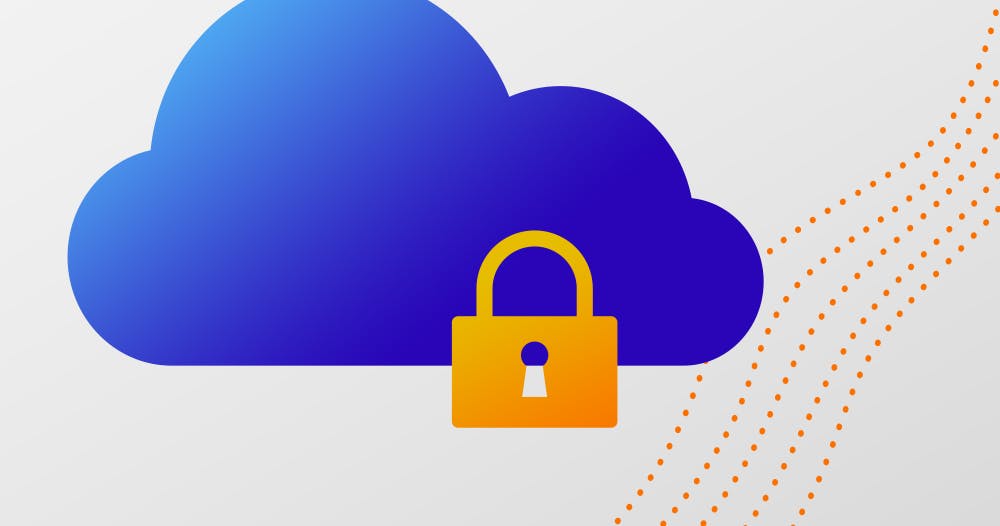We find the origins of commerce in the prehistoric times when trading became a principal facility of prehistoric people, who bartered whatever goods and services they had. Today, living in the digital era, the classical notion of commerce came into e-commerce. And since the world of retail is undergoing an unprecedented wave of innovation, e-commerce is still on the rise.
Read moreEven though it’s still a pretty complex concept to grasp and achieve for the late majority of companies, DevOps has goodies for everyone in the software chain: developers, operations, QA and also touches the business side of things: managers who monetize the software and executives who worry about the bottom line.
Read moreMost e-commerce businesses that think about cloud adoption have a one-step at a time approach. They address specific needs as they arise. At the opposite pole are the online shops that don’t have a strategy in place and are subject to “cloud sprawl”. Cloud sprawl usually occurs when different departments inside the same organization are contracting for cloud services independently of each other. As a result, this situation drives up costs and can lead to issues with compliance and security.
Read moreMany e-commerce businesses understand the need to move their infrastructure to the cloud. Maintaining the user experience in the event of traffic spikes and slow page load time, being vigilant about customer data security because online stores are often targets for cybercriminals, having a reliable solution for backups, are just a few of the reasons shop owners think about moving to the cloud. Choosing the right cloud provider, however, can be an overwhelming decision.
Read more








